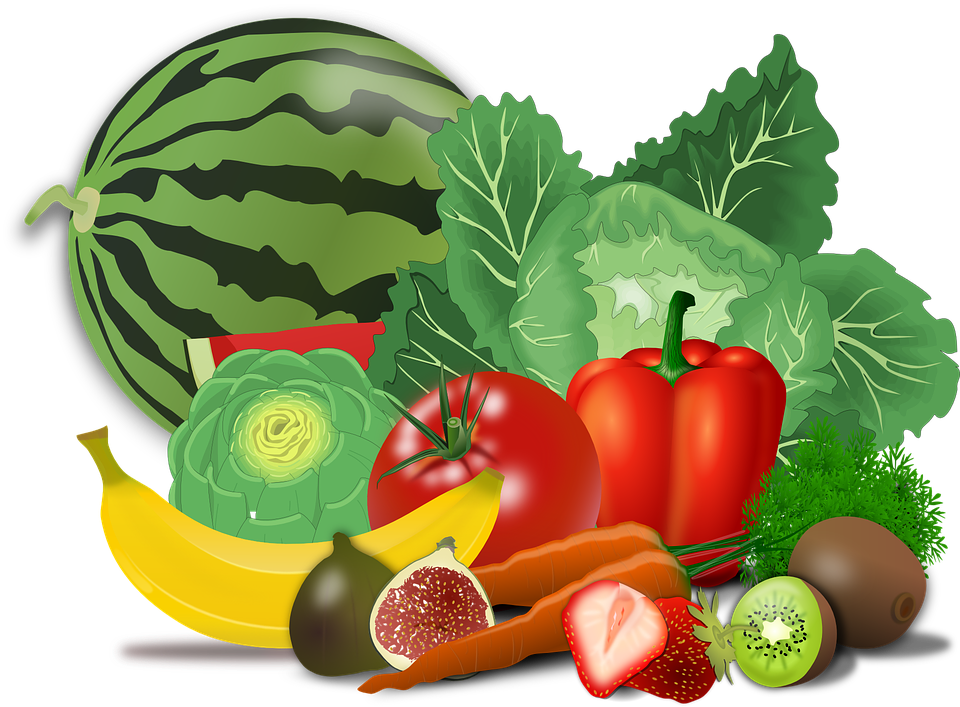Fiber is your friend!
Most of us do not eat enough fiber.
But, why should we?

Dietary fiber is found mainly in whole grains, fresh fruits and vegetables. The same foods that provide us with many healthy nutrients (vitamins, minerals, carbohydrates) and are part of a nutritious and healthy diet.

There’s often confusion about what fiber is and why it’s so important. So…here we go–keep in mind that in discussions of why fiber is good for us, we’ll talk about body functions and things that likely happen on a daily basis. And, although we might not want to talk about our bathroom habits, having healthy bowel function is important for many reasons.
Sometimes fiber is called roughage or bulk and includes the parts of plant foods your body cannot digest or absorb. Fats, proteins and carbohydrates are digested and used by your body. Fiber, on the other hand, isn’t digested and passes relatively intact through our stomach, small intestine, and colon and out of our body as waste (Mayo Clinic).
There are two types of fiber, soluble and insoluble. We need both.
Soluble fiber dissolves in water to form a gel-like material. This type of fiber can help lower blood cholesterol and glucose levels. Examples of foods that are good sources of soluble fiber are oats, barley, peas, beans, apples, citrus fruits, and carrots.
Insoluble fiber increases bulk and promotes the movement of material through the digestive system. Foods with whole-wheat, wheat bran, nuts, beans and vegetables, such as leafy greens, green beans, potatoes (especially peelings) are good sources of insoluble fiber.
Most plant-based foods contain both soluble and insoluble fiber. We should eat a wide variety of foods containing fiber, aiming for 20-35 grams of fiber daily.
Benefits of fiber:
- Helps us have healthy bowel habits (larger, softer stools and more regular)
- Helps protect against cancer of the colon and rectum
- Helps prevent hemorrhoids, deverticulosis and irritable bowel syndrome
- Helps control triglyceride and glucose levels
- Lower risk of heart attack and stroke
- Can assist in healthy weight management
So…in summary, fiber is an essential aspect of a healthy diet.
Good choices?
- Whole-grain foods (bread, pasta, quinoa, oatmeal, cereals)
- Fruits
- Vegetables (remember 5 a day of fruits and veggies!)
- Beans, peas and other legumes
- Nuts and seeds
Don’t forget to read labels when grocery shopping to check on fiber content.
Making good nutrition choices helps us live a longer and healthier life. I’m praying for you to make healthy choices, my friends.
